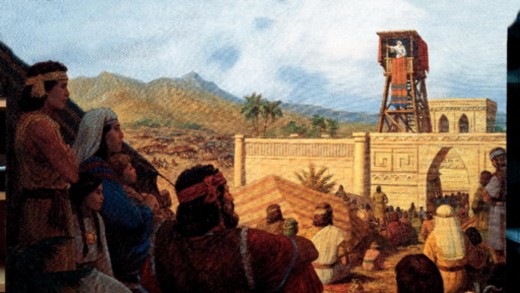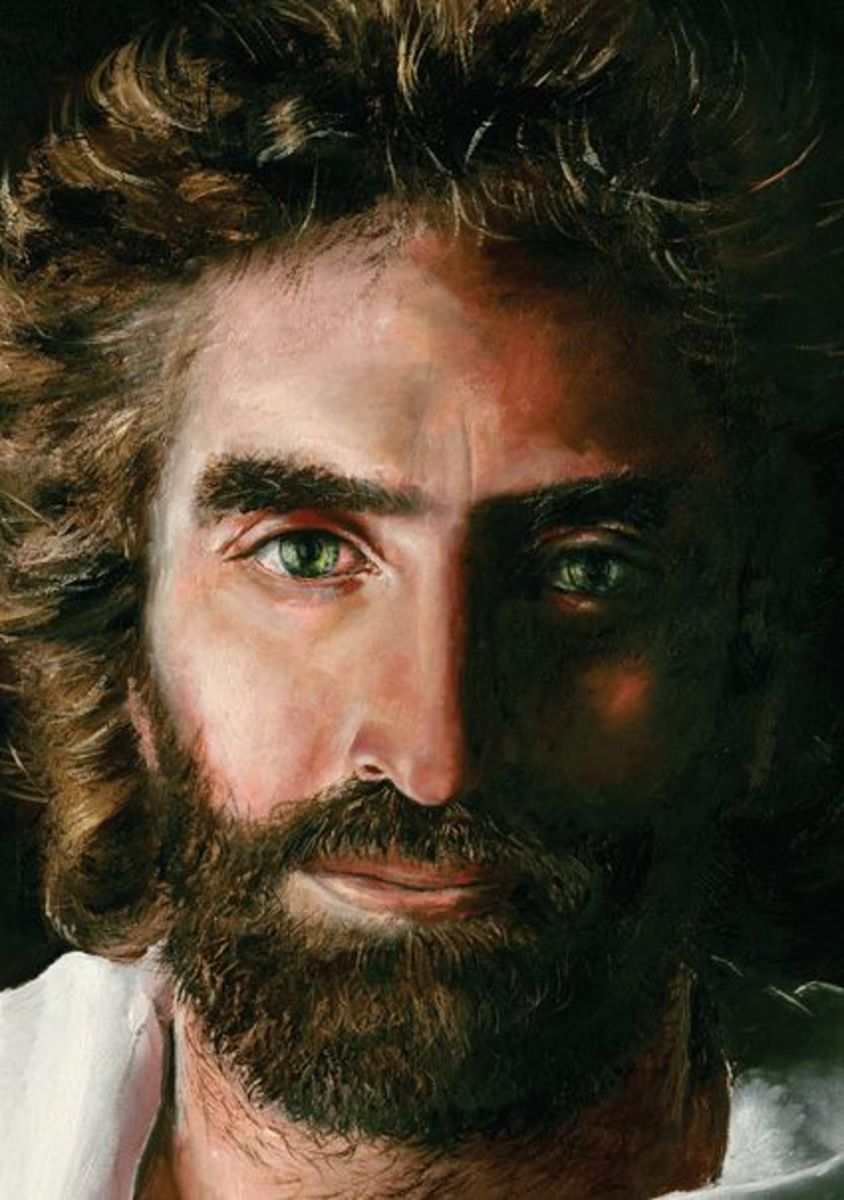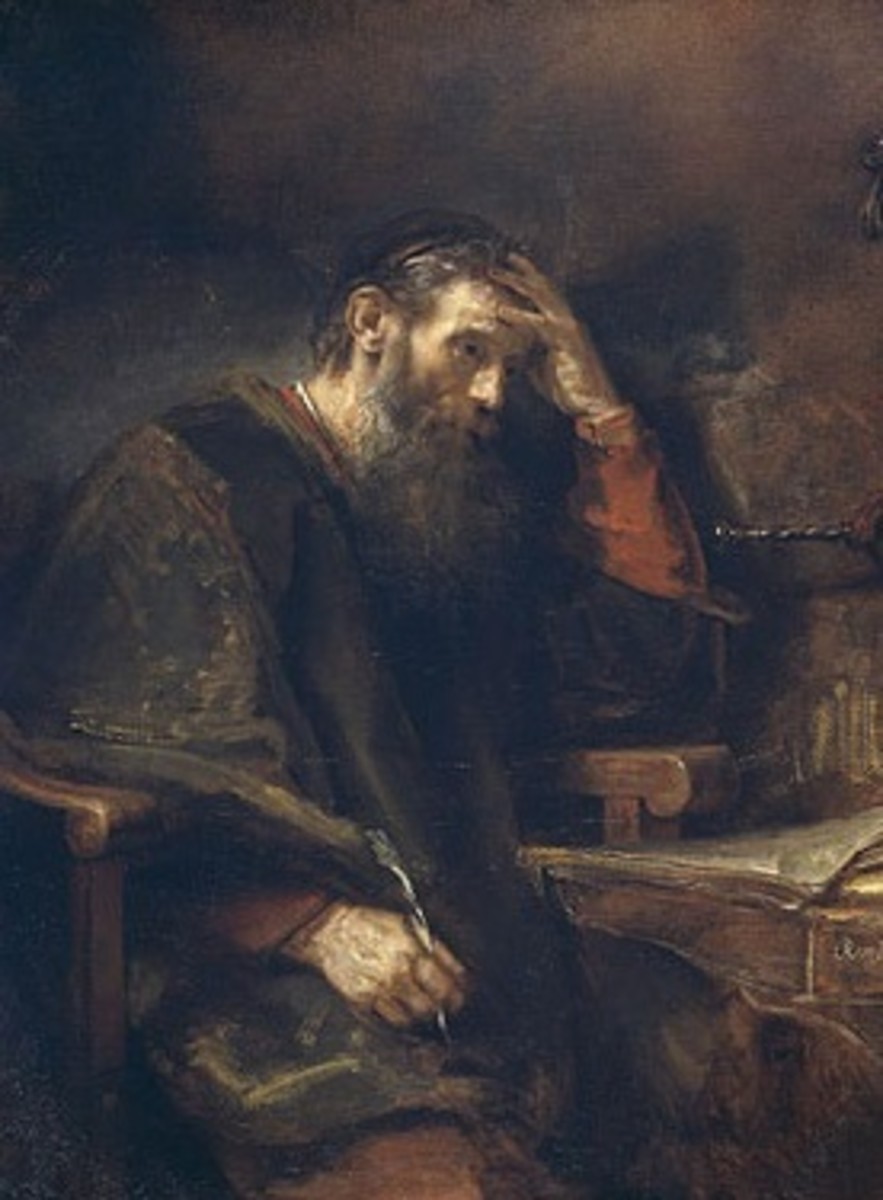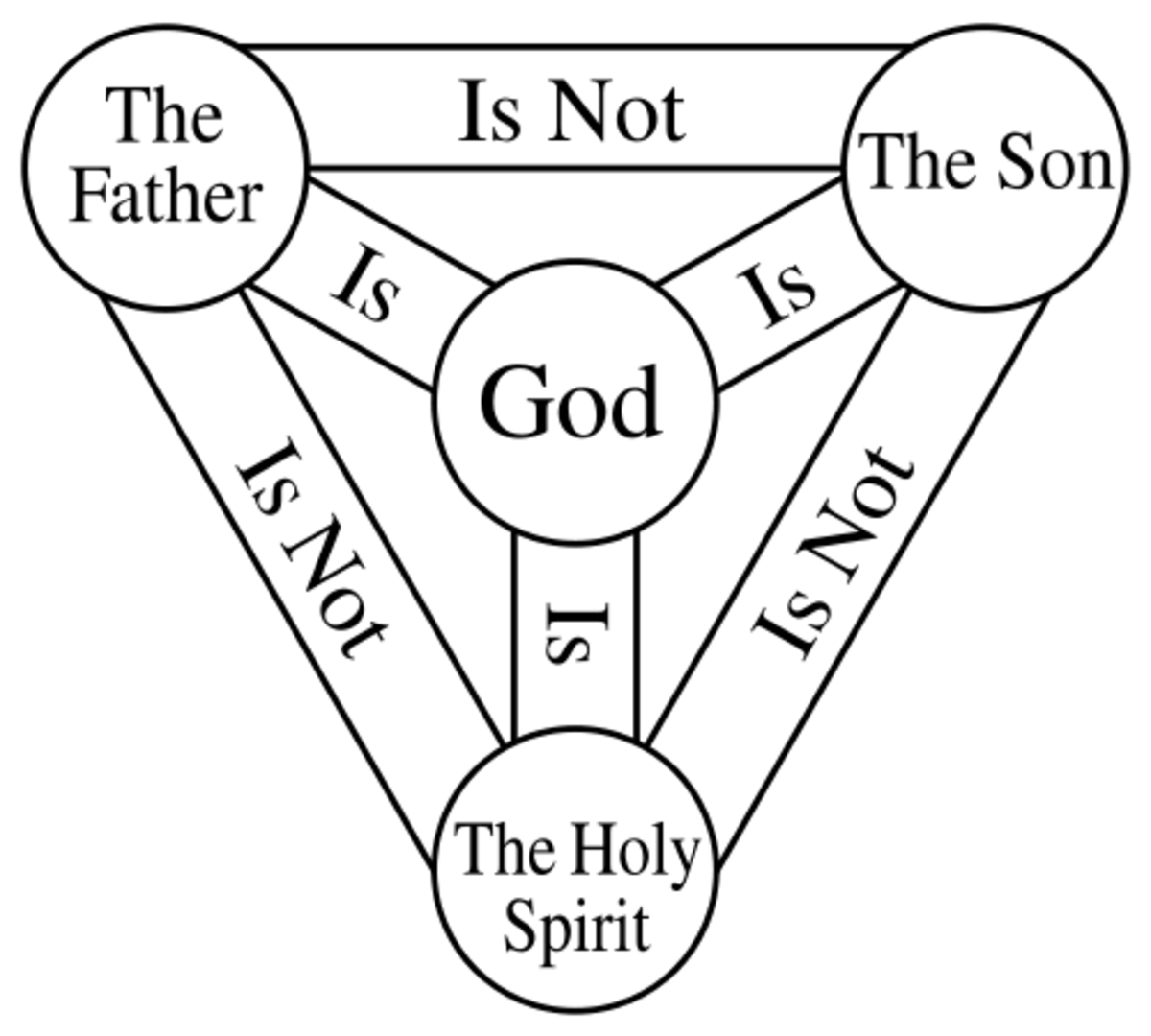King Benjamin’s Call to Believe in God: Faith in His Power, Wisdom, and Mercy (Episode Four)
In The Prince of Egypt, the animated characters and voice actors attempted to capture the faith of the ancient children of Israel as they waded through trials under the Egyptian lash of slavery. While the story did not perfectly match the scriptural record, the humanity of trusting in something bigger than the ordinary broke through the fictional elements.
Moses had a message for the people, and he wanted Pharaoh to let him take them out of bondage to serve Jehovah. It took great faith for the people to believe.
Likewise, in the previous message, King Benjamin’s Ancient Teachings on Financial Peace and Stewardship (Episode Three), we explored King Benjamin’s counsel on living with spiritual order—budgeting, giving, and saving in wisdom. In this episode, his words turn to something even more fundamental: the faith to break free from spiritual slavery and the bondage of ignorance, and to worship Jehovah in purity.
King Benjamin’s Call to Believe in God’s Wisdom, Power, and Mercy
The prophet-historian, Mormon, preserved many of King Benjamin’s most poignant statements in the record that became The Book of Mormon: Another Testament of Jesus Christ. Among them is a direct and stirring appeal to all people:
Believe in God; believe that He is, and that He created all things, both in heaven and in earth; believe that He has all wisdom, and all power, both in heaven and in earth; believe that man doth not comprehend all the things which the Lord can comprehend. And again, believe that ye must repent of your sins and forsake them, and humble yourselves before God; and ask in sincerity of heart that He would forgive you; and now, if you believe all these things see that ye do them. [1]
In the middle of his address, King Benjamin rejoiced to see that his people had hearkened to his opening words, as recorded in Mosiah, chapter 3. He reminded them that the natural man stands in opposition to all that is good and must be overcome—sanctified by the Holy Spirit to become a Saint.

Not all who profess the Lord's name will be considered His people at the last day, but those who profess and do His will; "if you believe all these things see that ye do them."
True Disciples Believe and Do God’s Will
Benjamin saw that his subjects accepted God’s will as revealed through him, even as he delivered his sermon—though he could not know their hearts for certain. They embraced the prophetic words he uttered and received testimonies of the coming of Jesus Christ. In confirming their faith in his words, King Benjamin urged them not only to believe but also to act.
Believing is good, but believers must also be doers of the word. Even devils believe, as the Master taught through His Apostle James. [2] It is good to believe—and greater still to also do God’s will.
Not all who profess the Lord’s name will be counted as His people in the last day, but only those who profess and do His will: “if you believe all these things see that ye do them.” [1]
This message contains the life-altering teachings King Benjamin shared with his people after they had converted to Christ—teaching them how to live a life that fully benefits from God’s Plan of Salvation. Though salvation comes by grace, God expects His people to keep His commandments.
Pre-Atonement Christians: Living by the Law of Moses Until Christ Fulfilled It
It is important to remember that Pre-Atonement Christians lived Christian lives through the Law of Moses. They were bound to that law until Christ fulfilled it—the very law He had given to them, the House of Israel in its entirety, all twelve tribes.

He called them unworthy creatures! Why is that? It was true for one; and it was a sign of humility to accept the truth of their situation--of all humanity's situation of nothingness.
King Benjamin’s Call to Remember: Humility, Sin, and Our Need for a Savior
Remember These Things
Following the dramatic spiritual experience of his people, King Benjamin instructed them to remember. If they had tasted of the goodness of God, been forgiven of their sins, and understood how powerless they were to achieve salvation from sin without a Savior, then they must remember all of it!
He called them unworthy creatures. Why? Because it was true—and because humility required accepting the reality of their condition, the universal condition of humanity’s nothingness without God.
To Western society, such words can feel offensive. Western culture prizes and values human life philosophically above all else. Yet the truth remains: all are unworthy.
All have sinned. Under the law of the universe—the law of God—sin automatically convicts the offender and condemns him or her to death as payment.
Christ’s Sinless Life and the Debt All Creation Owes Him

No other person besides Jesus Christ appeared in mortality, lived, and died without committing sin.
If the wages of sin is death, then Christ paid a price that was not fair to Him—which is why the grave could not hold Him.
There was no justice under the Law to keep Him in death. There was no justice in Him suffering for sins not His own. The universe and all the elements within it owe Him a debt.
Because of this debt, all creation is beholden to God. King Benjamin pointed out to his people:
...are we not all beggars? Do we not all depend upon the same Being, even God...? [Ye] have been calling on His name, and begging for a remission of your sins.
...And has He suffered that ye have begged in vain? Nay; He has poured out His Spirit upon you, and has caused that your hearts should be filled with joy, and has caused that your mouths should be stopped that ye could not find utterance, so exceedingly great was your joy.* [3]
As unworthy as humanity is, the worth of souls is precious to God—so much so that He gave His Son as a ransom. “Sacrifice” alone does not capture the meaning, for God did not simply perform a ritual to offer Jesus Christ.
Christ volunteered for the opportunity to save all humankind from eternal damnation. He willingly gave His life for the sake of others, knowing He had obeyed the will of the Father.

King Benjamin’s Witness of God’s Goodness and the Fulfillment of the Law
Benjamin wanted to impress upon his people the goodness of God to the point where they would know from what source to look for forgiveness. The King pointed out that the Lord had blessed them even as he spoke to them to have their hearts pricked and sins forgiven.
The testimony that Moses wanted to help his people gain so long ago, before the birth of Christ, was what King Benjamin was able to share with his people, who themselves were followers of the Law of Moses. These people knew the fulfillment of the Law was through Jesus Christ and could worship God in spirit and truth.
These same people, now converted to Christ, were ready to understand the deeper liberty He offers—freedom not only from sin, but from the ignorance that blinds the soul to God’s love. In the next episode, King Benjamin and True Freedom: Liberty Through Faith and Works (Episode Five), we will explore how the King’s message connects to the universal human longing for liberty. Just as freedom is cherished as a birthright in the United States, King Benjamin sought to give his people an eternal birthright: freedom through believing and doing the word of God.
References
The Book of Mormon: Another Testament of Jesus Christ "Mosiah 4:9-10" [1]
The Holy Bible "James 2:19" [2]
The Book of Mormon: Another Testament of Jesus Christ "Mosiah 4:19-20" [3]
© 2018 Rodric Anthony Johnson








